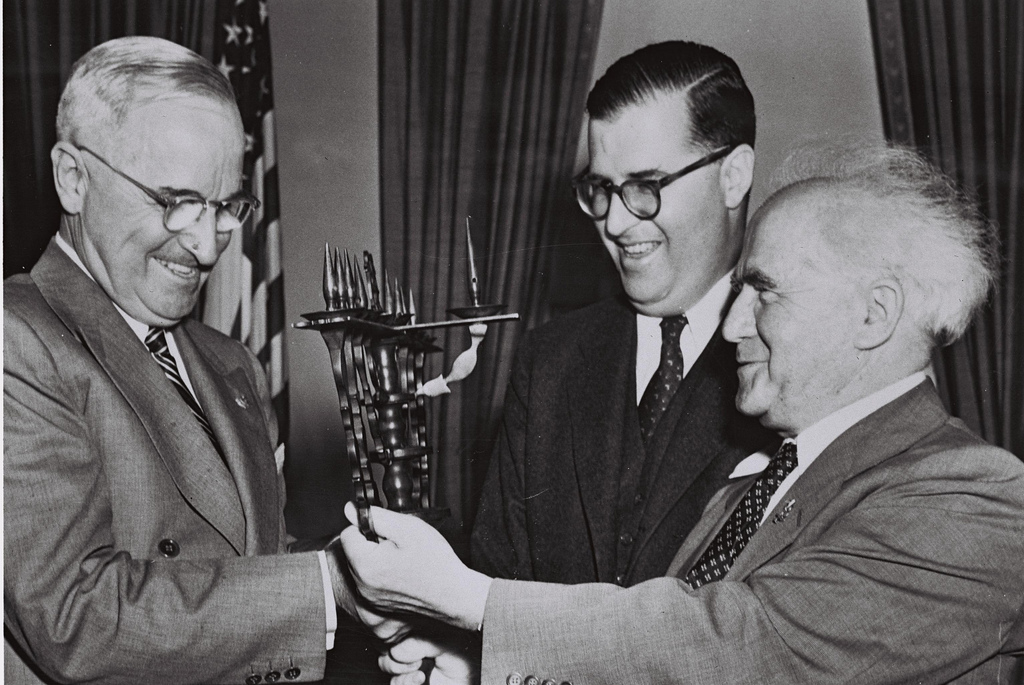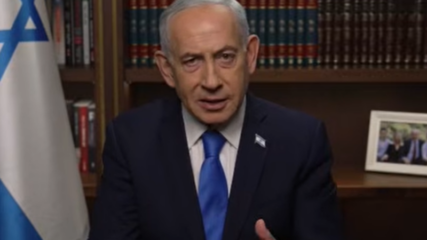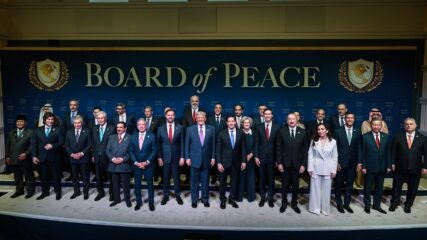November 2, 1955
Israel’s first prime minister, David Ben-Gurion, assumes the premiership again, replacing Moshe Sharett, who had succeeded him. Ben-Gurion had retired from Israeli politics in 1953 and went to live on a Negev kibbutz, Sde Boker, but returned as defense minister Feb. 17, 1955, after the Lavon Affair, an Israeli mission that went wrong in Egypt. In 1954, Israeli agents had planned to bomb American libraries in Cairo and Alexandria as well as movie theaters showing British and American movies. Their goal was to turn the United States and Britain against Egypt and to destroy negotiations over the Suez Canal. Sharett and Defense Minister Pinhas Lavon claimed not to have been informed of the plan. Lavon resigned, and Ben-Gurion took over.
After Ben-Gurion stepped into the role of defense minister, tensions between him and Sharett rose. Ben-Gurion often approved military action without the knowledge or authorization of the prime minister. The Lavon Affair and the tension with Ben-Gurion led Sharett to resign.
After Mapai won 40 seats in the election for the third Knesset at the end of July, Ben-Gurion is able to form a coalition government and again serve as prime minister more than three months later.
Ben-Gurion’s next challenge is leading Israel against Egypt in the Sinai war of 1956. Planned with Britain and France, the campaign aims to force out Gamal Abdel Nasser as Egyptian president and restore Western control of the Suez Canal.
Ben-Gurion remains prime minister until June 1963, when he again temporarily retires from politics.










